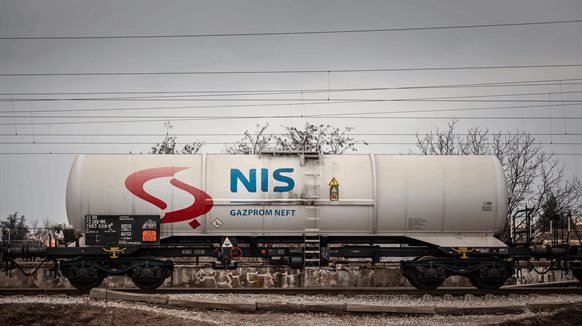Croatia has pledged to help Serbia navigate potential US and UK sanctions against Naftna Industrija Srbije (NIS), the country’s sole oil refiner, partially controlled by Russia’s Gazprom.
Speaking at a European Union summit in Brussels, Croatian Prime Minister Andrej Plenkovic emphasized the EU’s commitment to finding a solution that averts sanctions and preserves the economic stability of the region. Plenkovic suggested that adjustments to NIS’s ownership structure could resolve the issue while maintaining the existing contract with Croatia’s state-controlled pipeline operator, Janaf.
Janaf, which relies on NIS for nearly a third of its revenue, is contracted to transport 10 million tons of crude oil for NIS through 2026. NIS ownership is split, with Gazprom Neft holding a 50% majority stake, Gazprom owning 6.15%, and Serbia controlling just under 30%.
Serbian President Aleksandar Vucic, who raised the alarm over the sanctions threat, warned that punitive measures could devastate Serbia’s fuel market and broader economy. On Thursday, he received assurances from Croatia, a neighboring country with which Serbia has a turbulent history.
Vladislav Veselica, a Janaf management board member, expressed optimism about a “global solution” to the issue, adding that the Croatian government would work to mitigate potential economic damage.
Under Vucic’s leadership, Serbia has attempted to balance its Western aspirations with its ties to Russia and China. While Serbia has condemned Russia’s invasion of Ukraine, it has refrained from adopting Western sanctions. Additionally, Serbia continues to rely heavily on Gazprom for natural gas supplies and is negotiating a contract renewal set to expire in March.
At the summit, Vucic also discussed the situation with US Assistant Secretary of State James O’Brien, signaling ongoing diplomatic efforts to resolve the matter.


